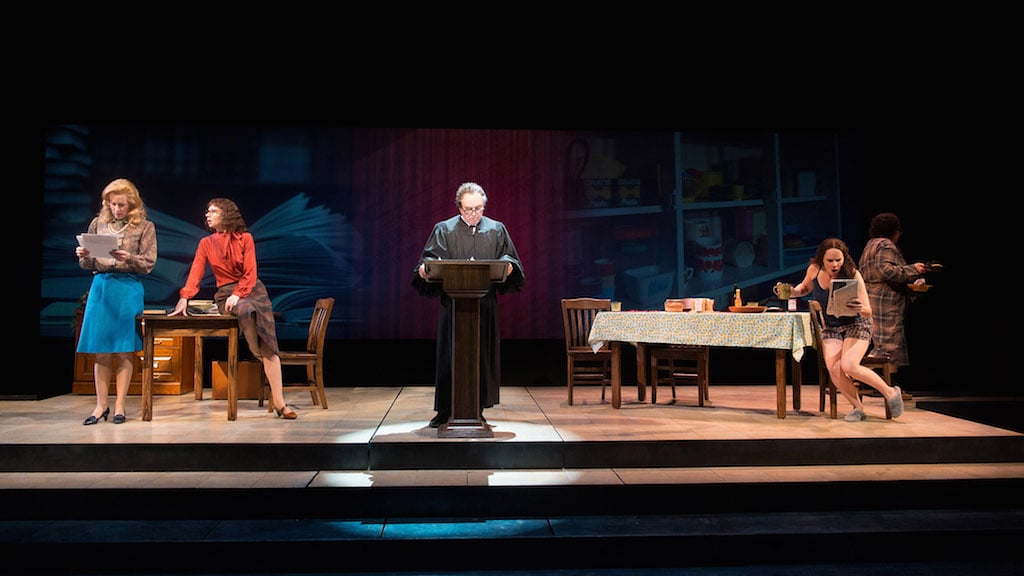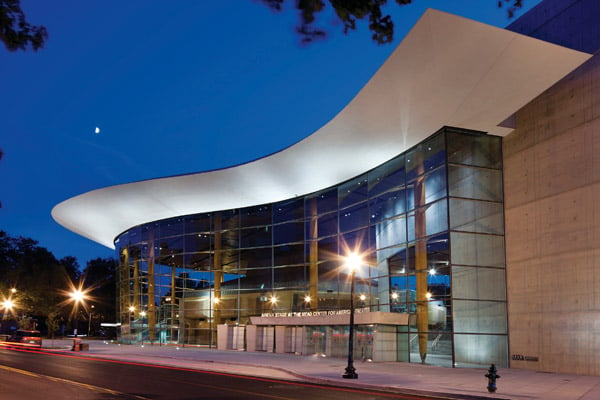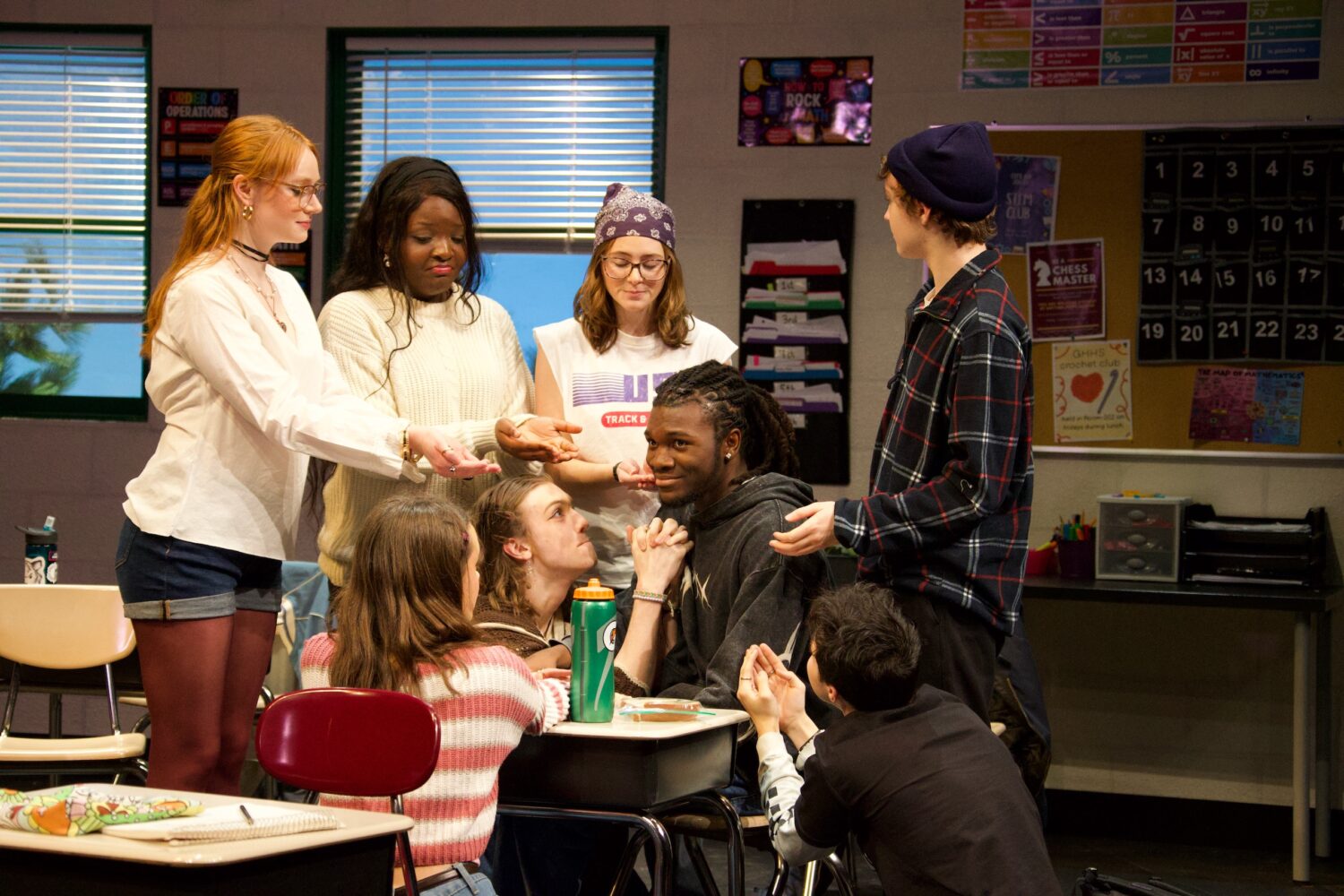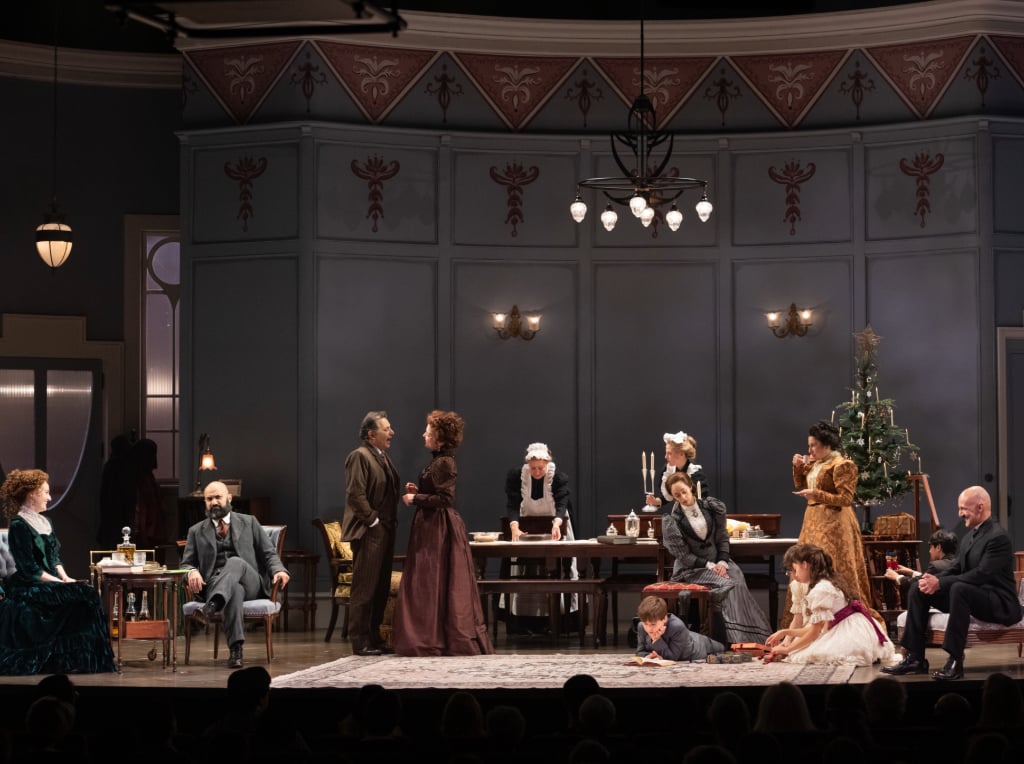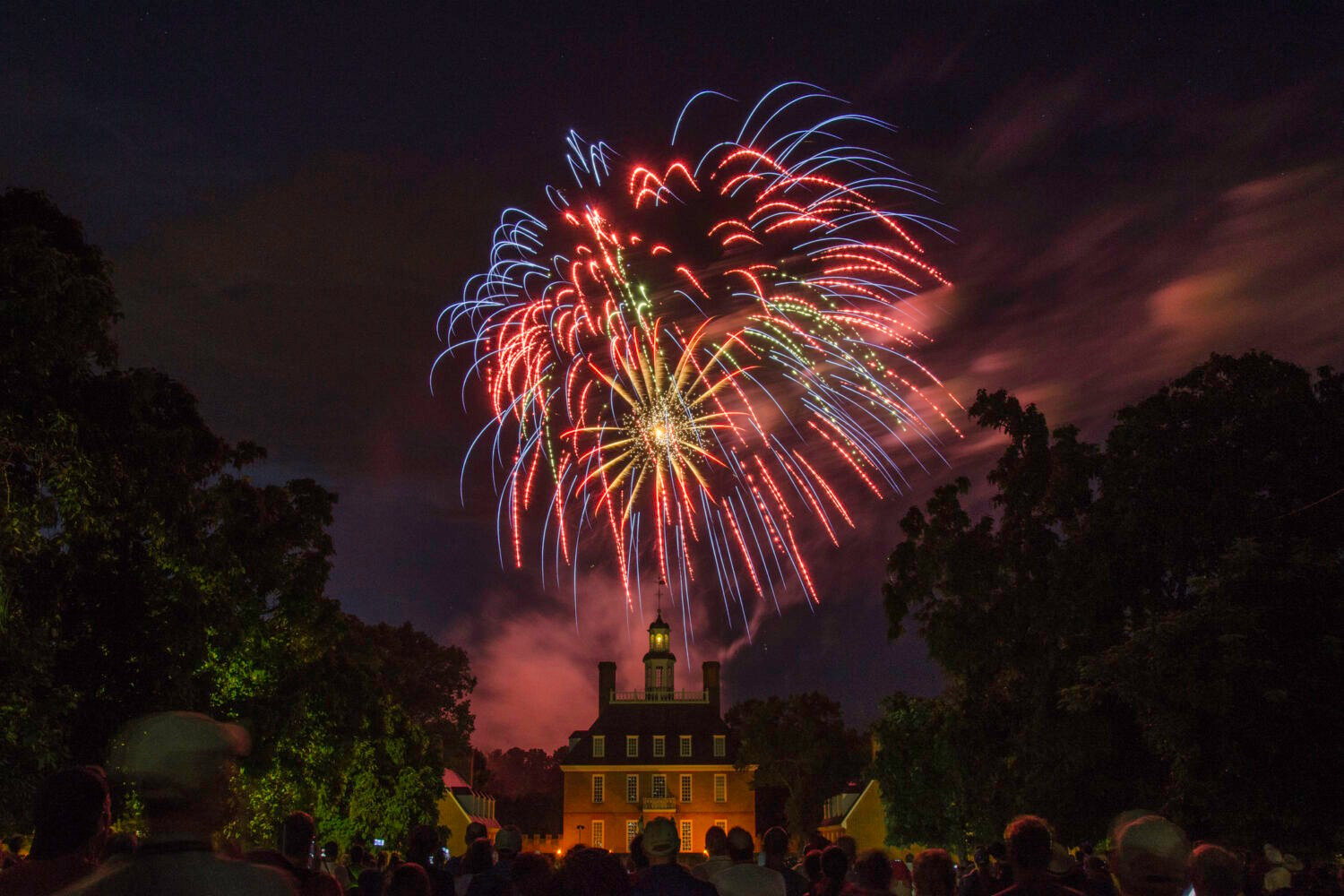Part courtroom drama, part character study, and wholly pertinent to today, Roe—coproduced with Oregon Shakespeare Festival and Berkeley Repertory Theatre ($40 to $90; arenastage.org)—focuses on the Supreme Court case that legalized abortion and on the women at its center. It’s written by Lisa Loomer, also known for the screenplay of Girl, Interrupted. While the issues of choice and “right to life” have been argued since the 1973 decision, Loomer’s play has new relevance as we inaugurate a President who has claimed to want to overturn it. The playwright spoke with Michael J. Gaynor about what she hopes Roe will show audiences on both sides of the debate.
Your play premieres here a week before Trump’s inauguration. Would you have changed anything about it if you had known that would happen?
I am curious how the Washington audience will react. People are angry. Yes, they will find much in the play to rally behind. Some will be even more interested in understanding the other point of view. You ask if I would have changed anything: I have an epilogue that takes place in the present—well, the present has changed, and I’ve been making a few changes.
Trump has said his ad-ministration won’t challenge same-sex marriage because the Supreme Court has decided on it. The court did the same with abortion in the case your play is about. Why do you think this battle is still being fought?
For one thing, the issue has been hijacked since the ’70s for political gain. But why have politicians been so successful with this particular issue? There are people, like Sarah Weddington [the lawyer arguing for abortion’s legalization], who see Roe v. Wade as a matter of the law. There are people, like Norma McCorvey [Weddington’s plaintiff], who see it as a moral issue. These views are irreconcilable. For some of us, Roe v. Wade is about choice—a woman’s choice about her body and her future. For other Americans, the choice to have an abortion is murder; they truly believe that the law sanctions murder. That’s why the battle is still being fought. Then, of course, there are those who continue to seek to profit from the battle.
What were you trying to accomplish in this play?
One of the many letters I received was from a woman who identified as evangelical. She came to see the play [at its opening run in Oregon] expecting that the Christian right would be made fun of, that it would be a diatribe. She wrote thanking us for not belittling her views. With great difficulty, she had to admit that the play made her understand the viewpoint of the other side. She came with a person who has a different political stance, and they had avoided this issue their entire friendship but talked about it all the way home. The play gave them an opportunity for a dialogue that the election was not promoting. In the theater, sitting alone in the dark contemplating an issue in terms of a human story—I don’t want this to sound too corny—allows people to open their hearts as well as their minds.

